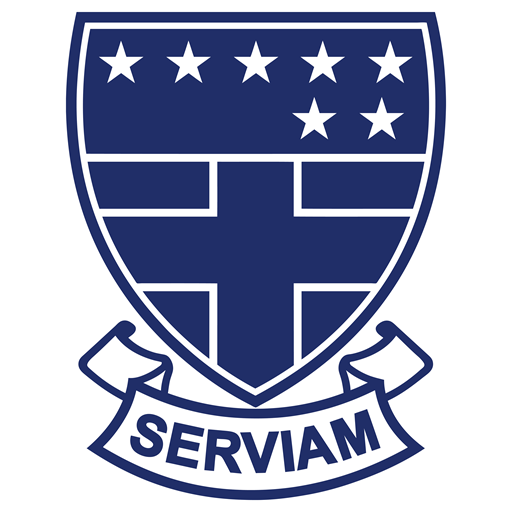Computer Science

St Ursula’s School

Computer Science Curriculum Intent
We live in a world where technology is prevalent and impacts most aspects of our everyday lives. By teaching Computer Science, we are equipping students to be prepared for this rapidly changing world. The intention is that pupils will be able to find, create, explore, exchange and present information competently, confidently, and responsibly. The Computer Science curriculum enables our students to bring about positive change in the world, engaging them in challenging debates about the role of information technology in removing barriers to change.
My hope is for all pupils to be able to express themselves and develop their ideas through information and communication technology – at a level suitable for the future workplace and as active participants in a digital world. The Computer Science curriculum builds students’ cultural capital providing them with a new frame of reference,and creating an understanding of the impact of new technologies on cultural contexts. A lot of work has been put into decolonising the curriculum, and within the subject, students will be able to look at role models from diverse backgrounds and explore how technology can often reflect the unconscious biases and prejudices we hold.
The curriculum has been carefully designed and sequenced by a subject expert to provide a comprehensive and rigorous intellectual journey to ensure that all pupils are able to understand and apply the fundamental principles and concepts of computer science, including abstraction, logic, algorithms and data representation. We want students to be able to analyse problems in computational terms. In Computer Science students will gain practical experience in programming, allowing users to think creatively, innovatively, analytically, logically and critically. The content provides students of differing ability, need and talent access to a rich and stimulating range of topics. It is designed to be appropriately ambitious for all students, from the highest attaining to those who require special consideration, whether that be SEND or a disadvantaged context.
Key Stage 3
The curriculum in Year 7 is designed to teach students how to be responsible and report danger online, have knowledge of the components of the computer, learn to think computationally by solving problems, understand how data is represented and its relevance building on the foundation of what is learned at KS2. The curriculum is then sequenced in a spiral fashion and students will see similar topics taught throughout their time in St Ursulas with each encounter increasing in complexity and reinforcing previous learning. The objective of the curriculum delivered at Key Stage 3 is to provide the necessary knowledge and skills that will increase progress at Key Stage 4. Students will design, use and evaluate computational abstractions that model the state and behaviour of real-world problems and physical systems. They will learn 2 text-based programming languages: Small Basics and Python. Students will understand how computers work by looking at the hardware that makes up computer systems. They will begin to understand how various types of instructions are stored and executed in computer systems, and how they can be used to represent images, music and text. Students will undertake projects that involve collecting and analysing data and meeting the needs of known users. They will understand a range of ways to use technology safely, respectfully, responsibly, and securely: including protecting their online identity and privacy; recognising inappropriate content; contact and conduct; and knowing how to report concerns.
Links to curriculum maps:
Links to useful sites for KS3 students, parents and members of the public
BBC Bitesize KS3
scratch
w3schools
khanacademy
thinkuknow
